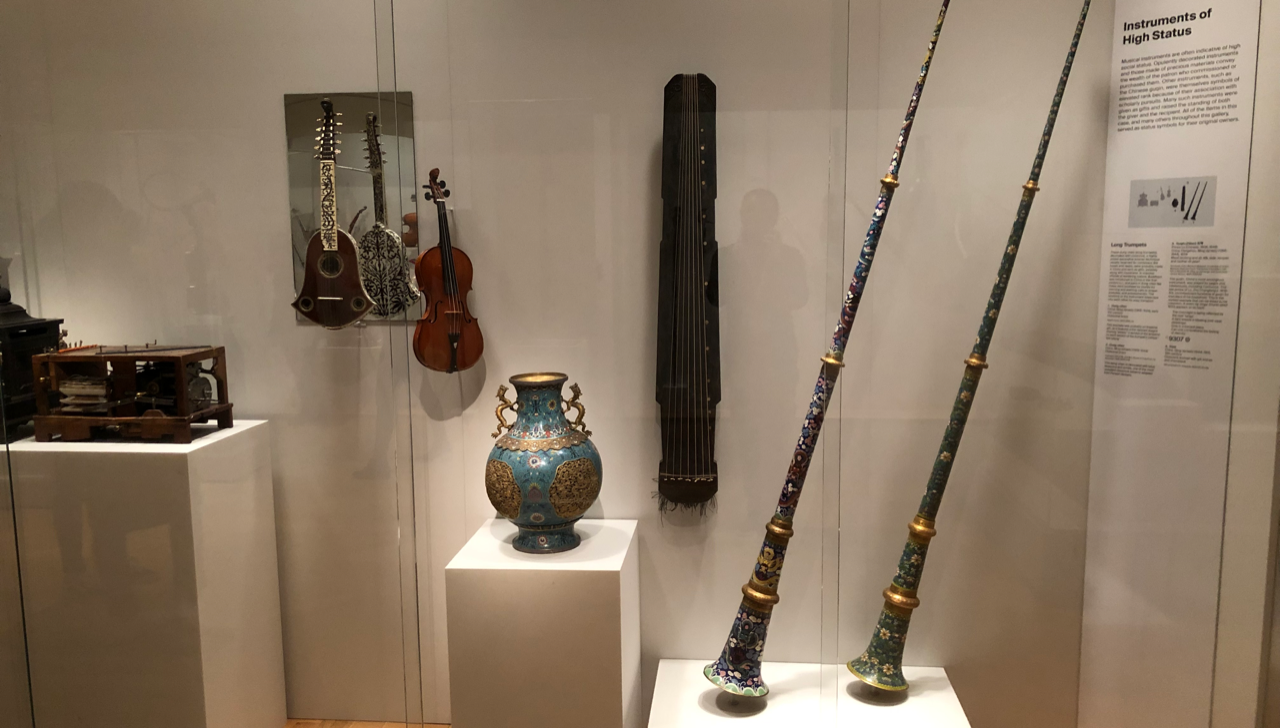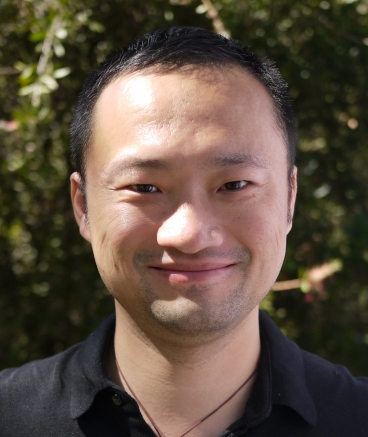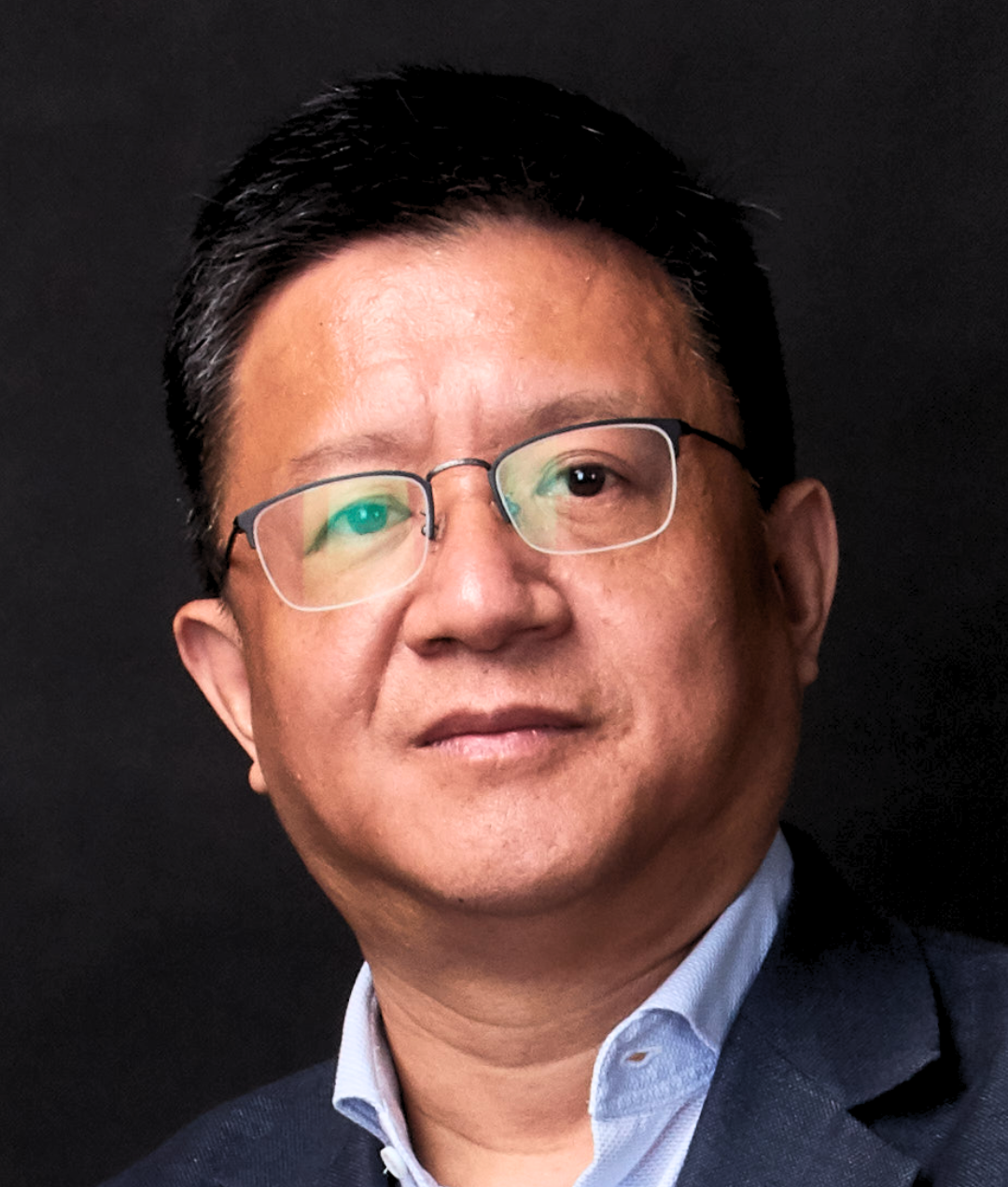Music in Society—Webinar 3
Thursday 24 November, 2022 | 4.00-5.00 pm
From private scholarly chambers to public treasure houses: The Chinese seven-stringed zither qin and challenges of its representation in museums
Senior Lecturer, Elder Conservatorium of Music
The University of Adelaide
tsan-huang.tsai@adelaide.edu.au
Abstract
The Chinese seven-stringed zither qin has experienced a surge in global interest in recent decades, triggered by widely-circulated scholarly findings, UNESCO’s promotion of intangible cultural heritage, and a domestic craze among Chinese communities that is tied to a wider resurgence of interest in Chinese traditional ‘high’ culture. Qin performances, lectures, workshops, and exhibitions are increasingly accessible worldwide, allowing the public to engage “face to face” with the qin and experience its enchantments. One highly visible and significant aspect of this trend is re-presenting or re-interpreting this instrument in museum spaces. Museum professionals confront particular challenges in handling the representation of this instrument, which has a complex and highly-charged social significance. The qin is one of the world’s longest living musical practices, is enveloped in several layers of sophisticated elite ideologies, and has impacted other musical traditions of East Asia. Using case studies of the Freer Gallery of Art and the Arthur M. Sackler Gallery (Washington, D.C.), the Metropolitan Museum of Art (New York) and the Museum of Fine Arts (Boston), the paper first outlines how these public institutions have accumulated and transformed understandings of the qin, and its associated musical culture, since the instrument first came into their collections. By examining past and present catalogues, labels, and displays, this paper discusses how these museums approach the qin and the challenges of its representation. These include negotiating the dichotomies between cultural and musical objects, ethnographic and biographic narratives, and safeguarding and revitalising purposes. Finally, the paper reveals how an equitable balance between the viewpoints of connoisseurship and indigenous practice of the qin can provide a potential solution in dealing with these challenges.

Biographies
 | Dr Tsan-Huang Tsai is a Senior Lecturer at Elder Conservatorium of Music, The University of Adelaide. Having studied ethnomusicology (M.Mus) at Sheffield and anthropology (M.Phil and D.Phil) at Oxford, he taught at Nanhua University in Taiwan, the Chinese University of Hong Kong, the Australian National University and Quanzhou Normal University before joined the University of Adelaide in July 2020. His research covers a wide range of disciplines, including ethnomusicology, organology, anthropology, and Chinese/Taiwanese studies. He is the author of two edited books Captured Memories of a Fading Musical Past: The Chinese Instrument Collection at the Music Department of the Chinese University of Hong Kong(Yuan-Liou Publishing Co, 2010) and Listening to China’s Cultural Revolution: Music, Politics, and Cultural Continuities co-edited with Paul Clark and Laikwan Pang (Palgrave Macmillan 2016), and more than twenty articles published in both Chinese and English languages examining the Chinese seven-stringed zither, Buddhist music, music and politics of Taiwan, and theoretical/methodological issues of organology. His scholarly awards include an Andrew W. Mellon Fellow (The Metropolitan Museum of Art), a CPI Fellowship (National Gugak Center), a Post-doctorial Research Fellowship (The Australian Centre on China in the World), an Affiliated Fellowship (International Institute for Asian Studies), an Endeavour Fellowship (Australian Government), a Visiting Fellowship (ANU’s Humanities Research Centre), a PhD Fellowship (Chiang Ching-kuo Foundation), and the Gribbon Award (American Musical Instrumental Society). |
 | Prof Yu Hui is the first musicologist inducted into Changjiang Scholar Distinguished Professor of the Chinese Ministry of Education and is a Donglu distinguished professor at Yunnan University and a Chair professor at Xiamen University. Prof Yu received his PhD in ethnomusicology from Wesleyan University in the US in 2000. He was on the Shanghai Conservatory of Music faculty and was a visiting scholar at the University of British Columbia and Australian National University in the 1990s. Over the past two decades, he has also been the Dean of the College of Arts at Shenyang Normal University, Ningbo University, and Yunnan University. His publications include 18 books and numerous papers in Chinese, English, and Russian on topics of traditions of Chinese music theory, tuning and temperament systems, Chinese guqin and opera traditions, as well as interactions between musical cultures in China and the West, with the most recent being the upcoming Oxford Handbook of Music in China and Chinese Diaspora (co-edited with Jonathan Stock). Prof Yu is a member of the European Academy of Science and Arts. |
